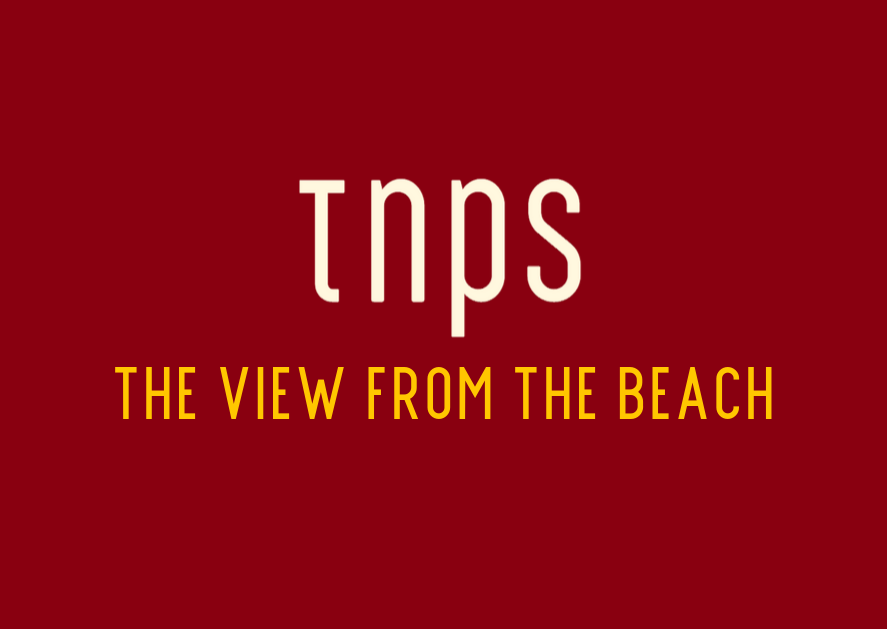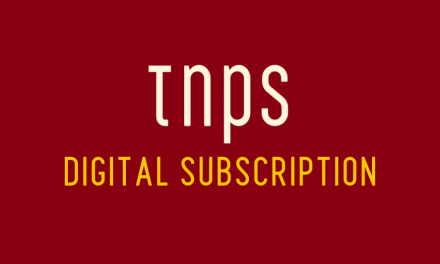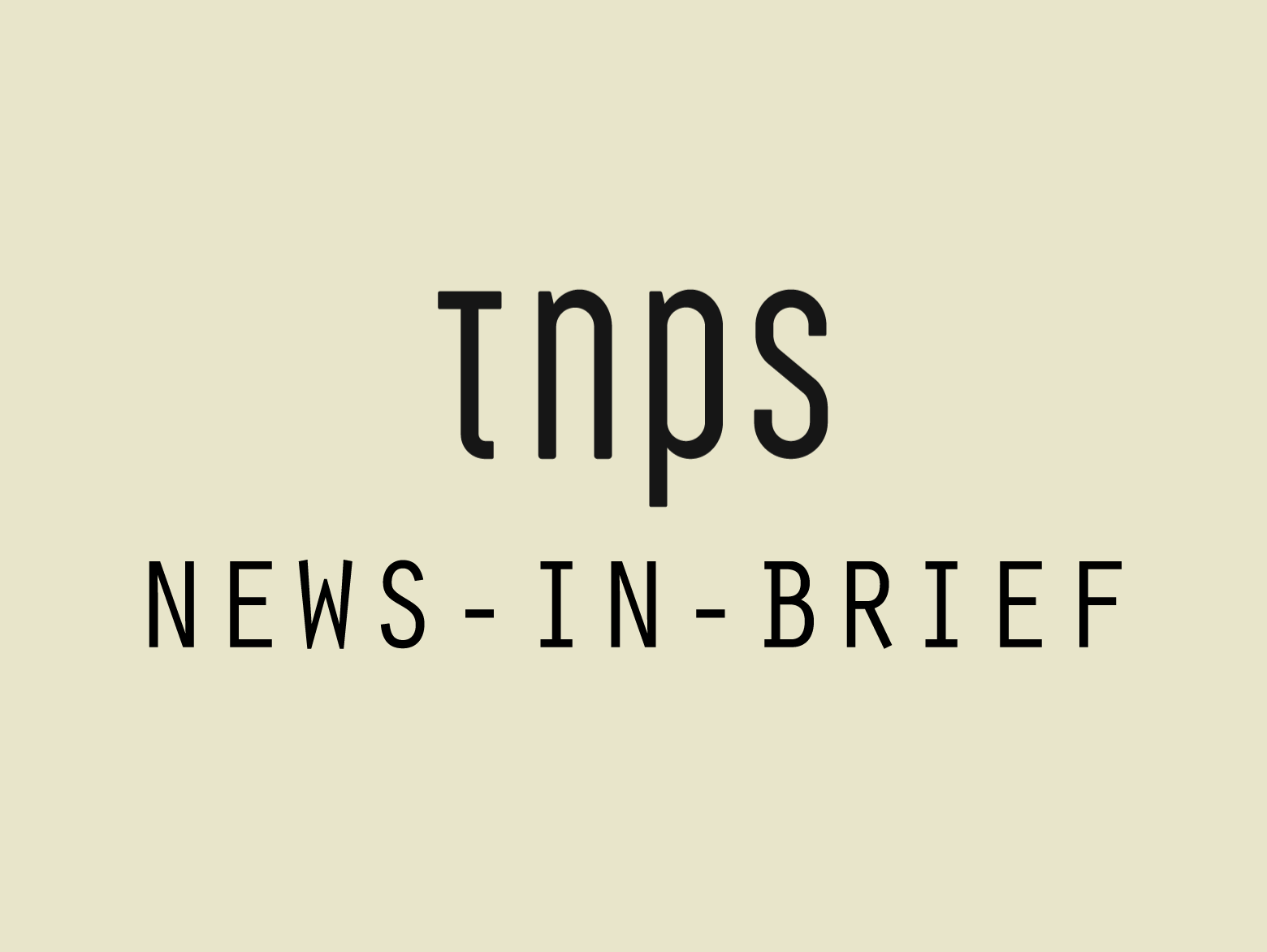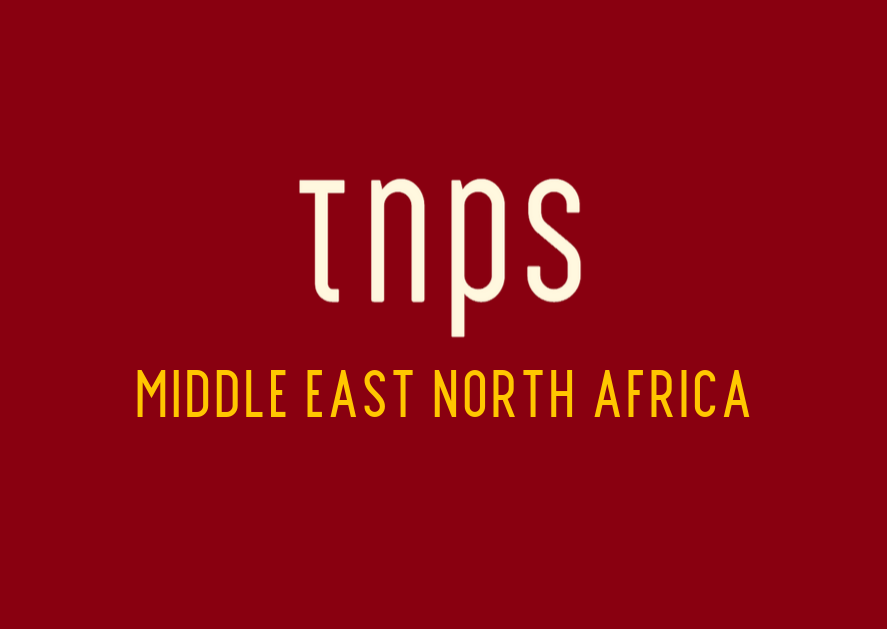The parallels with AI could not be more compelling.
Over the past five years, Spotify has metamorphosed from a music-streaming powerhouse into a pioneering force within the book publishing landscape. This transformation is now receiving formal industry recognition.
At BISG’s Annual Meeting in New York on 25 April, Spotify will be awarded the prestigious Industry Innovator Award for redefining what modern publishing can look like. In doing so, the company not only bolsters the growth of audiobooks but also ushers in a fundamental change in how content is discovered, produced, and monetised.
Don’t tell Markus Dohle!
Derision for Daring to Dream
When Spotify first announced its entry into the audiobook market in 2020, industry insiders met the news with derision and incredulity. Skeptics – among them long-standing gatekeepers of the traditional publishing world – laughed off the idea of a streaming service succeeding in a field they believed was reserved for established players.
Spotify? Subscription? Streaming? Audiobooks? In their dreams! The industry knew that Markus Dohle, self-appointed emperor of the western trade publishing industry, gatekeeper to the masses, protector against all things Swedish, and wearer of a mean tuxedo, would never let the industry’s new darling format, audiobooks, anywhere near Spotify.
It took Dohle’s ungracious downfall after he single-handedly led PRH to humiliating defeat in a US court, and the appointment of a new CEO who understood publishing could not forever cling to the twentieth century model, for PRH to take a second look at what Spotify was doing. And embrace it.
Of course, with Count Dohle no longer calling the shots, most big publishers jumped into the game.
Seventh Heaven
The Luddite Fringe was in seventh heaven. The UK’s Society of Authors, then led by soundbite supremo Nicola Solomon, led the chorus of self-righteous indignation, wasting not one precious second in telling SoA members that the Spotify deal would have a “devastating impact” and they should have nothing to do with it.
They’d still be at it now, but a new bogeyman came along in the form of AI, and Solomon’s toxic attacks on Spotify were quietly set aside to focus on the new threat to civilisation. The SoA can’t walk and chew gum at the same time.
Seismic Shift
This was the TNPS take at the time of the Spotify announcement, almost a lone voice recognising the enormity of what was happening:
“Spotify’s move into audiobooks is a seismic shift in the publishing landscape, but the ripples will take time to be felt.”

Beyond the Cacophony of Press Release Comfy Quotes
This week’s news from Germany is grabbing all the industry headlines, and rightly so. This is a huge story, but the trade journals have a comfy press release to regurgitate, and little point me adding to that cacophony with the same numbers and comfy quotes.
So here just to note the four German-language market expansion comes hard on the heels of Spotify’s French and Dutch expansion, and at a time when hundred of millions of fresh new dollars are flowing into publisher coffers.
Nicola Solomon and Markus Dohle are of course even now preparing their joint statement to apologise for the lost revenues they have cost authors and publishers who sipped from their anti-Spotify poison brew and missed the Spotify ride.
Being Left on the Wrong Side of History
No, hold on. The poor lambs have fallen out over the new bogeyman, with Solomon ranting louder than ever about how AI will devour our industry and our children, while Dohle quietly clambers on board with AI companies, determined not to be left on the wrong side of history yet again.
As I said back in 2020, Spotify’s move into audiobooks is a seismic shift in the publishing landscape, but the ripples would take time to be felt.
Those ripples are no longer lapping at the shore but, five years on, threaten to become a full-blown tsunami rocking the Apple, Audible and other audiobook boats that for so long dictated audiobook terms and constrained audiobook revenues.
Fast forward said five years, and the narrative has been completely rewritten. The industry’s initial mockery has given way to awe as Spotify’s initiatives have not only attracted substantial revenue flows to publishers and rights holders but have also expanded what is possible in an increasingly digital marketplace. What were once tentative ripples have now escalated into a formidable tsunami, shaking up an industry that, until recently, seemed bound by convention.
Innovating the Audiobook Ecosystem
Spotify’s strategic expansion has been marked by several key innovations. The company has refined its approach to content discovery by blending algorithm-driven recommendations with the thoughtful curation of expert editors. This dual strategy has enabled listeners to uncover audiobooks in ways that traditional retail channels struggled to offer.
In addition, Spotify’s new publishing programme for independent authors – encouraging the submission of short-form stories for audiobooks – democratises access to the publishing world. This initiative lowers traditional barriers and opens up fresh revenue streams, targeting creative talent that previously had little opportunity, beyond the straightjacket of ACX, to break into a market historically dominated by large publishers and legacy formats.
Implications for the Future of Publishing
The implications of Spotify’s entry into the book market are multifaceted. First, the growth of the audiobooks sector challenges longstanding revenue models. Traditional publishers, which once depended on rigid distribution channels, are now able to harness the growing demand for audio content delivered via streaming platforms. As Spotify’s innovative model continues to attract new audiences – especially among younger, tech-savvy consumers – established publishers are rethinking their strategies to stay competitive.
Second, the embrace of digital-first approaches is encouraging publishers to broaden their content offerings. Spotify’s substantial investment in non-English production – and the promising early results from its ventures in French, Dutch, and German-speaking territories – demonstrate that there is both an appetite and a market for diverse audiobooks. Important here to remember that, unlike book publishers, Spotify’s reach is literally global, and it has the data to know where and with which languages to focus on next.
Lastly, the strategic integration of technology with content creation is reshaping the entire narrative of publishing. Alongside streaming and algorithmic curation, Spotify’s ventures into digital voice narration and AI-assisted production (an irony I’m sure not lost on Count Dohle) are foreshadowing a future where the barriers between traditional book publishing, audio entertainment, and even visual media may blur. As the industry transitions from a legacy model to one increasingly defined by agility and innovation, the ripples of Spotify’s disruptive entry are expected to escalate into long-term, transformative trends.
A New Era for Publishers and Authors
The recognition by BISG, and the harbingers of rapid growth in Spotify’s audiobooks sector, signal the dawn of a new era for publishing professionals. Sceptics once predicted the demise of traditional publishing formats in the wake of streaming. The Count himself told a US judge during the PRH trial that subscription would destroy book retail in three years. And yeah, that was almost exactly three years ago.
The reality is, Spotify’s success illustrates that disruption, rather than heralding the end of an industry, can actually catalyse a reinvention – one that integrates innovation with the timeless appeal of storytelling.
The parallels with AI could not be more compelling.
This post first appeared in the TNPS LinkedIn newsletter.






Spotify is terrible for audiobooks, in particular for non-fiction.
Non-Fiction is not designed for streaming, which is why you see most non-fiction NOT being sold via Kindle Unlimited.
Spotify also pays peanuts for the streaming it does, per minute streamed.
Also, Findaway was allowing (and still is) AI narrated audiobooks via ElevenLabs to be published as Human narrated, so it can get into all retailers, as most didn’t allow AI narrated audiobooks. ElevenLabs cannot get through the filters of ACX.
I sincerely believe this was intentional because Spotify wanted to publicize that they have “so many thousands” of audiobooks. And I believe the only reason they have pivoted now to incorporate ElevenLabs into their ecosystem was because of this mess.
The only good thing Spotify did was get ACX to increase their royalty payouts lol.
Spotify is a cancer to music, hadn’t made a profit in 10 years, and yet keeps getting propped up. They ditched podcasts and will most likely do the same with audiobooks in the next few years. They keep throwing ideas against the wall to see what sticks (videos, courses, etc.). If the executives had names like Singh, Chin, Olajuwon, etc. they never would’ve made it this far IMO (*off topic, but had to include this part).
Relative to America, Europe has done nothing in the tech space in the last 30 years, so this music “tech” company is all they have to rely on lol.
Yes the auidobook market needed to be shaken up, but hyping up Spotify as a paragon of creativity in the space is a far stretch.
I love your content other wise, but this was a bit off point, this is coming from an independent book publisher myself.